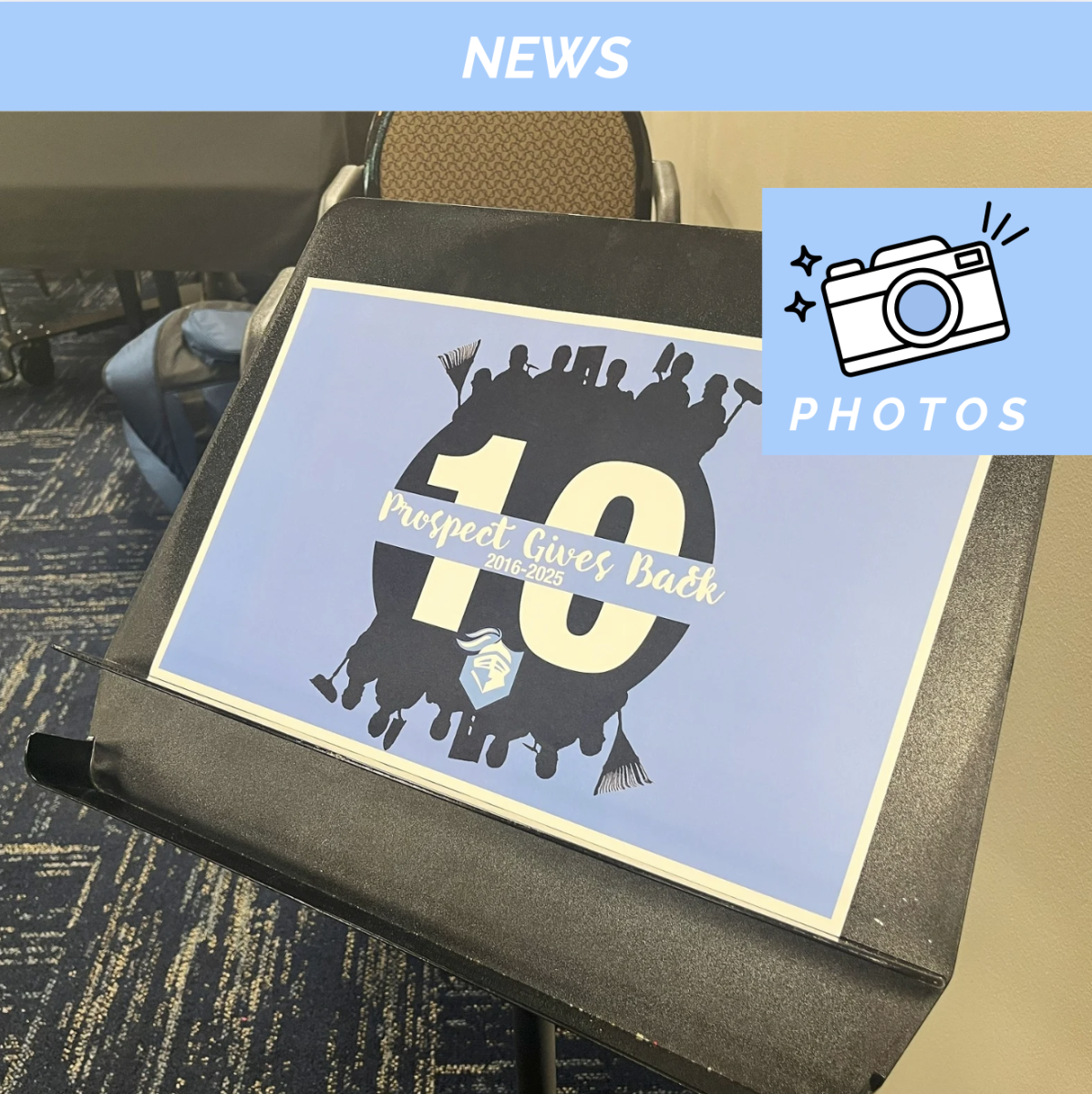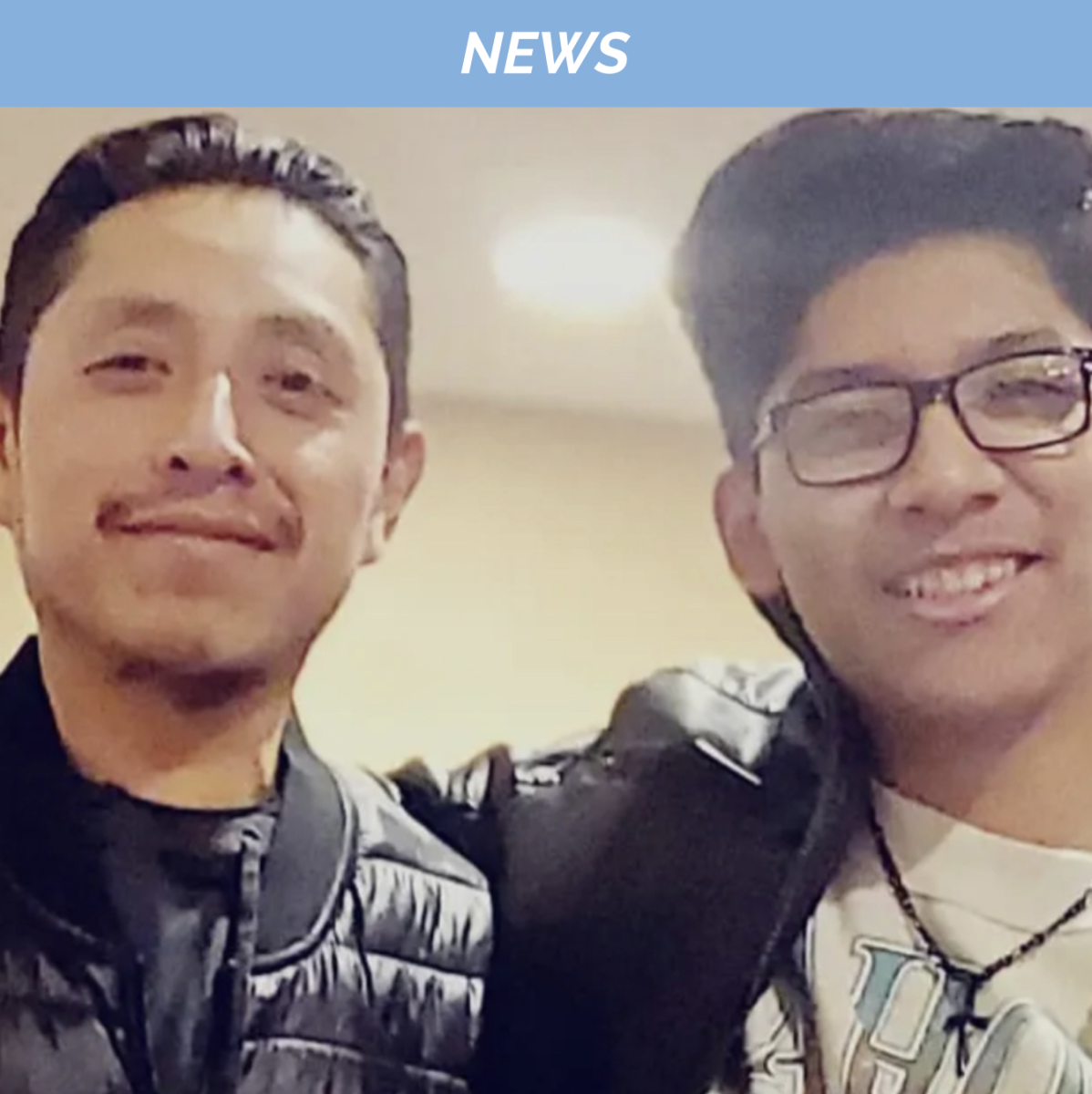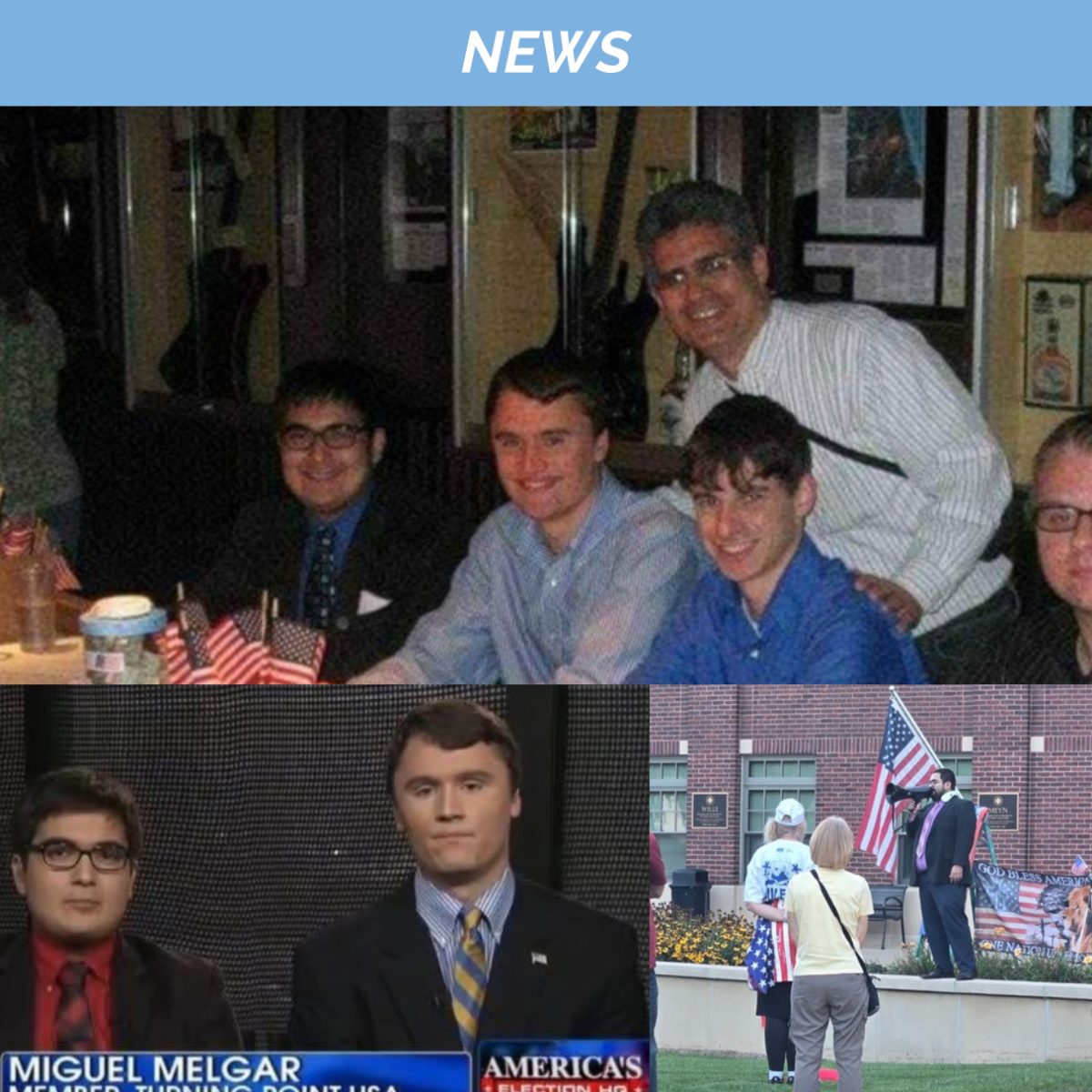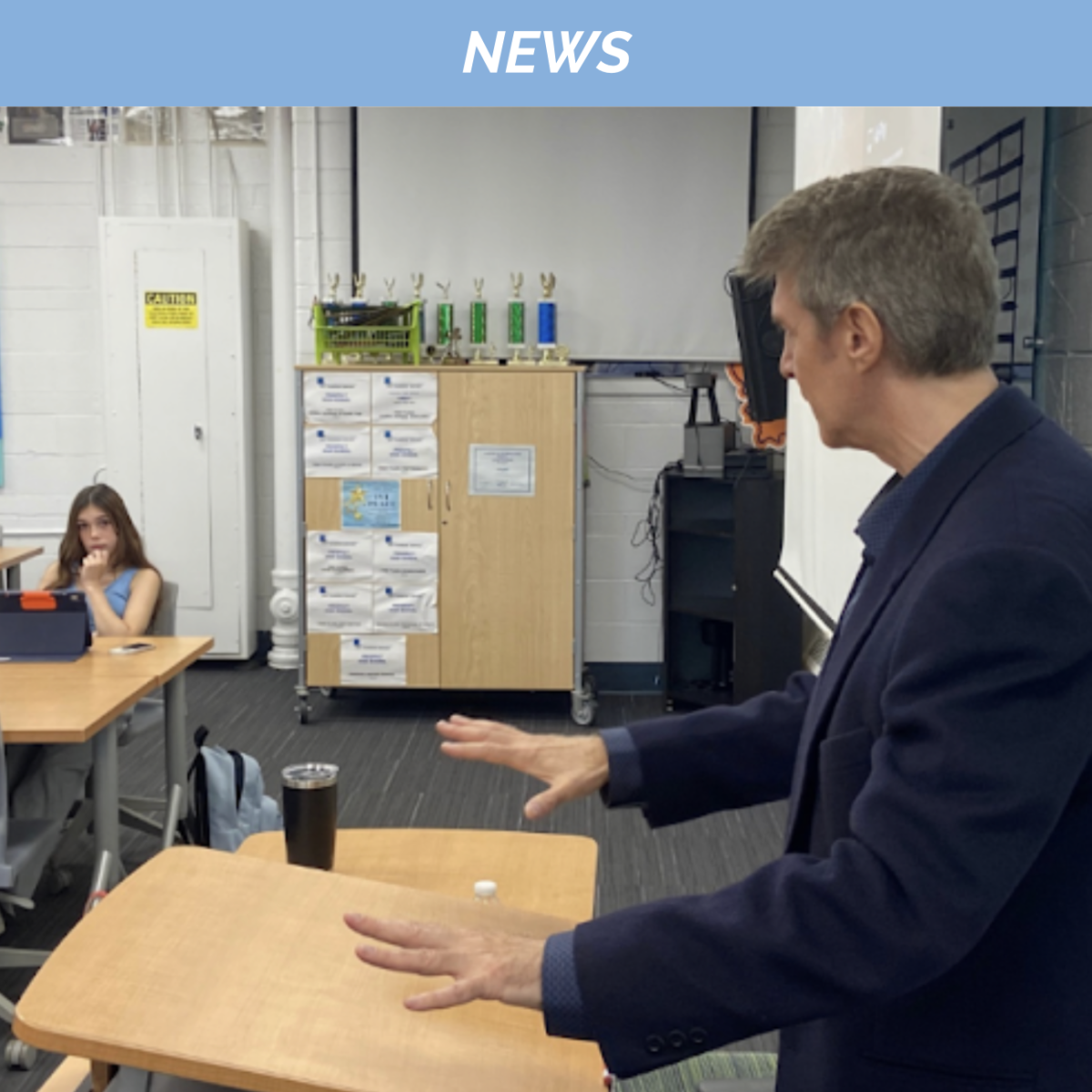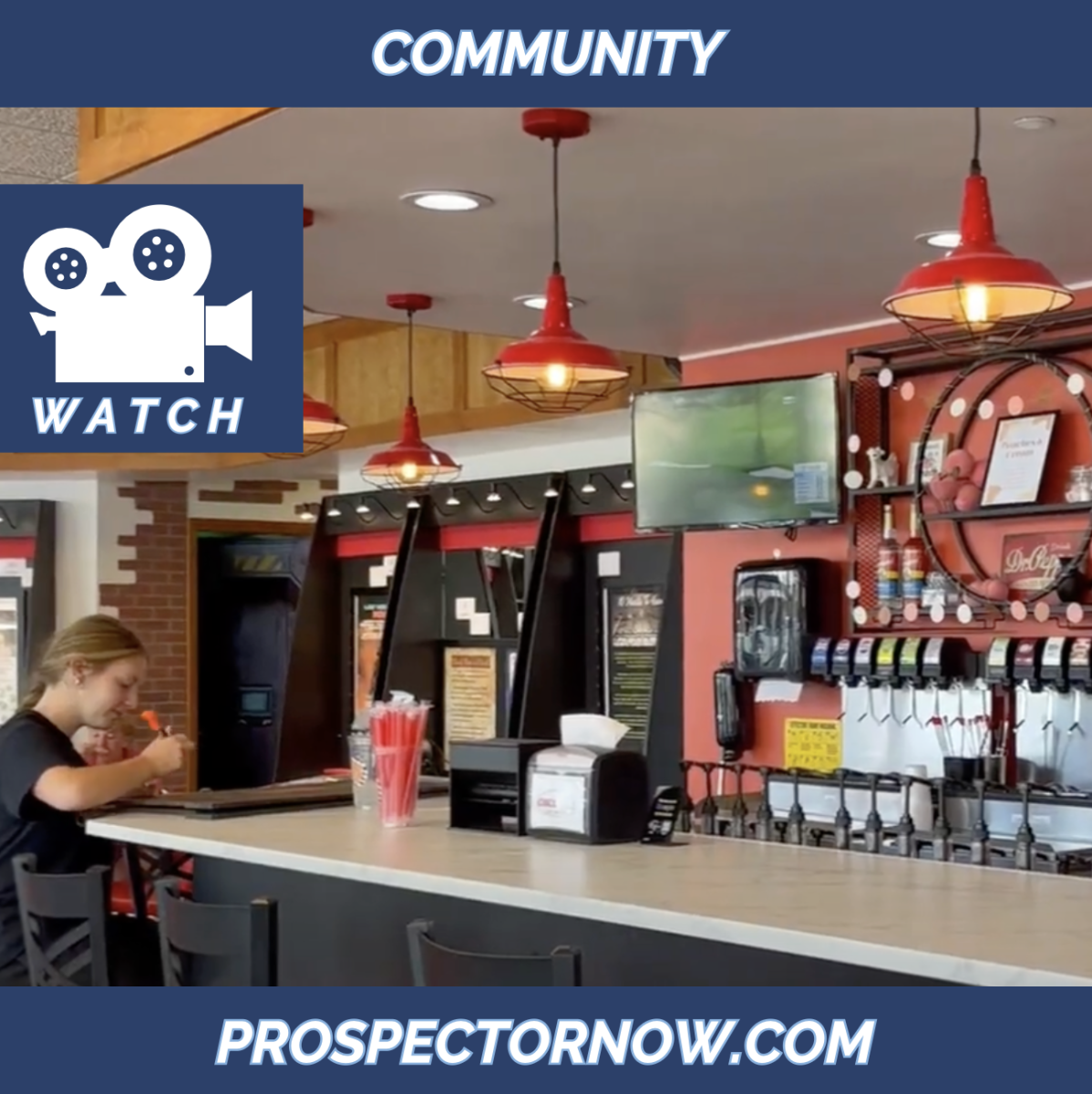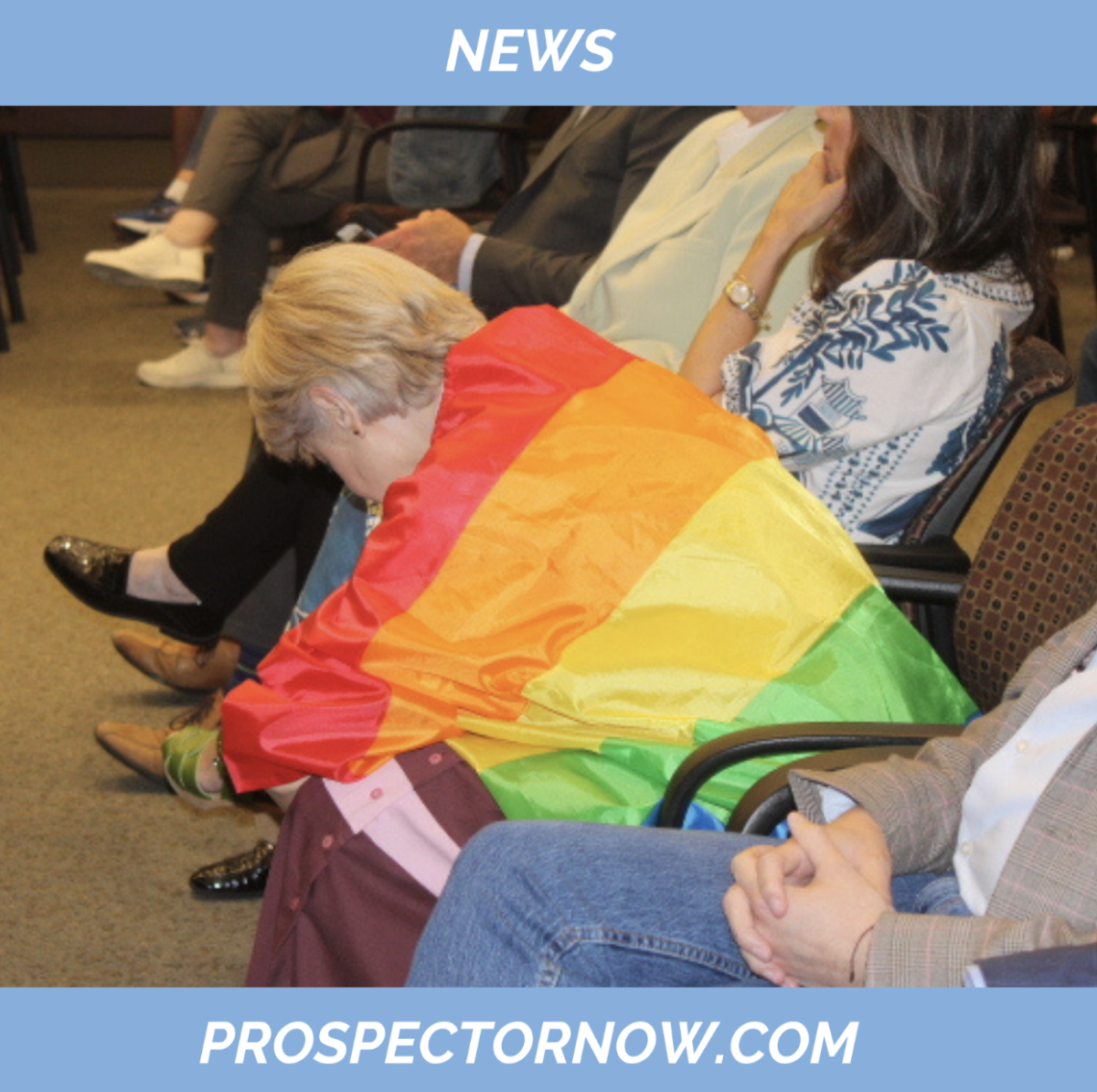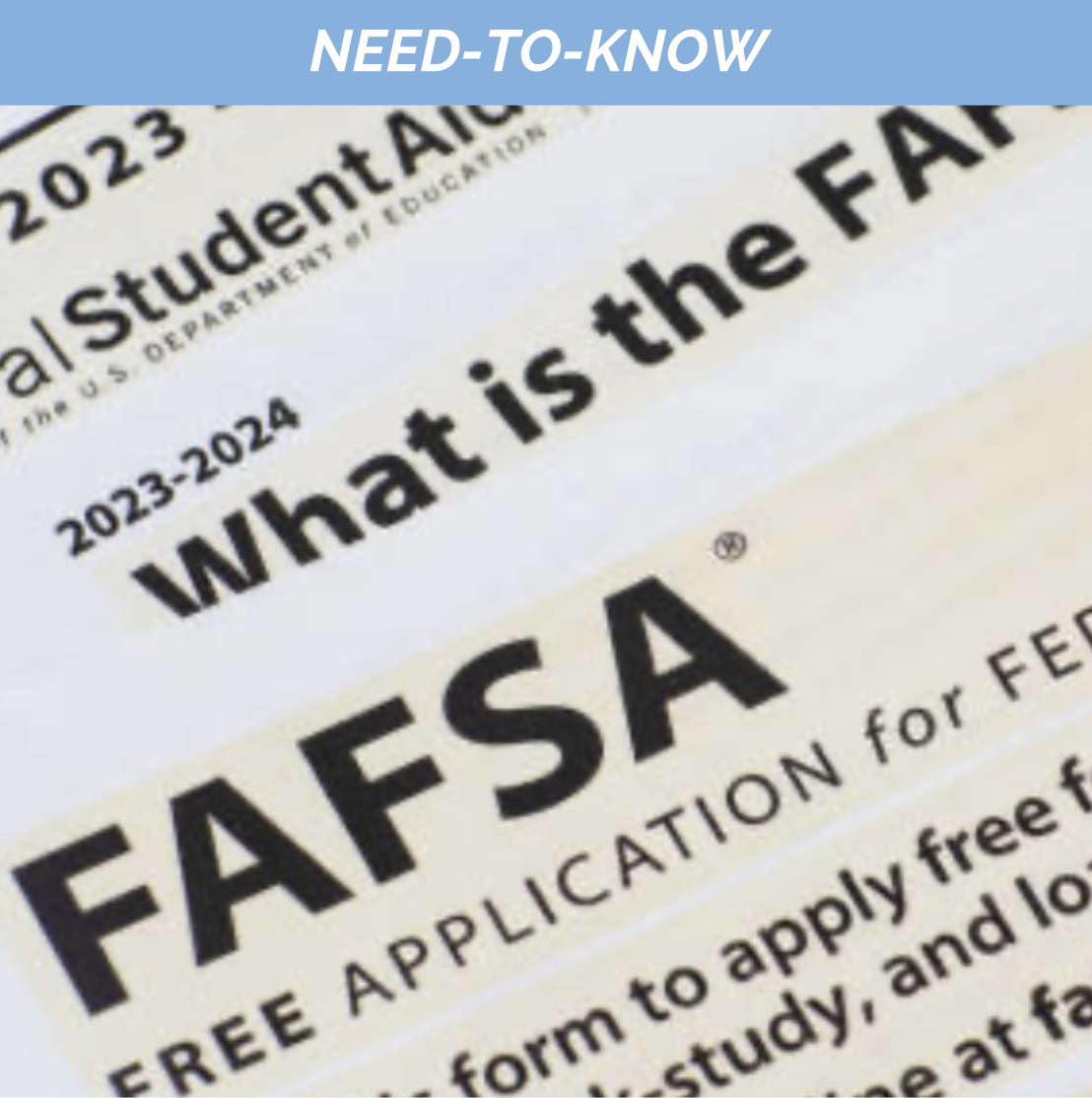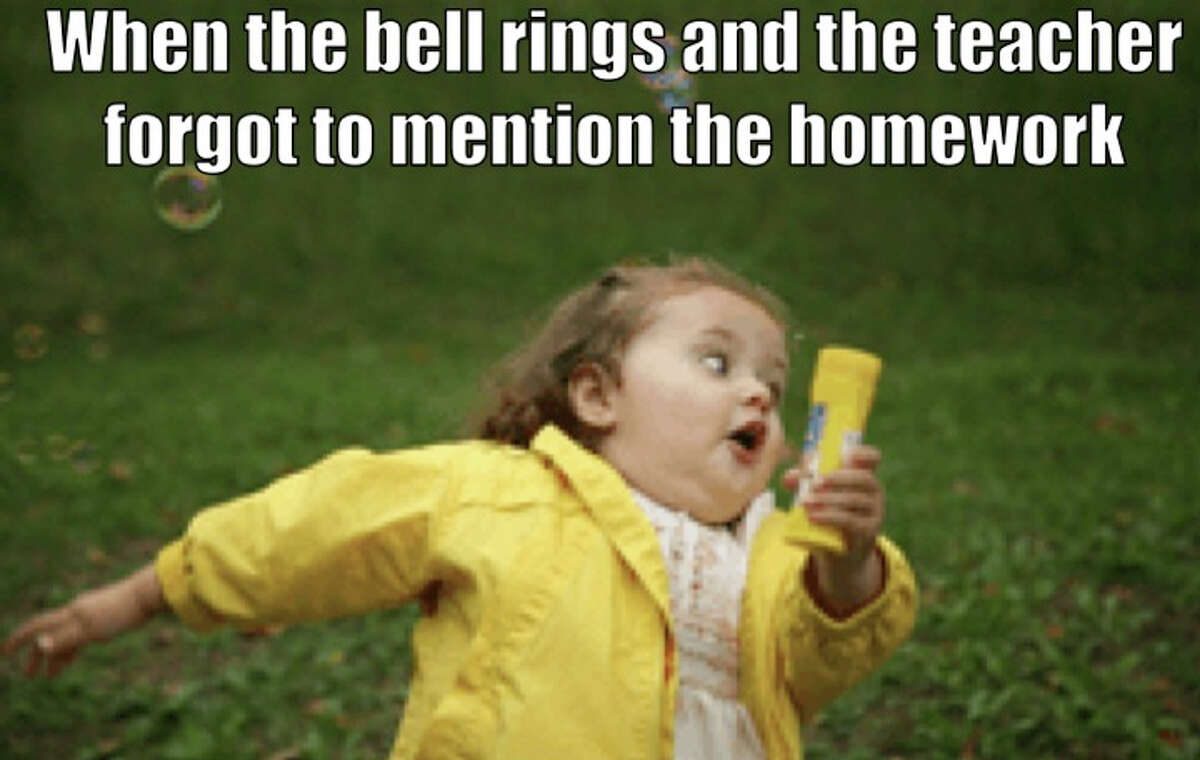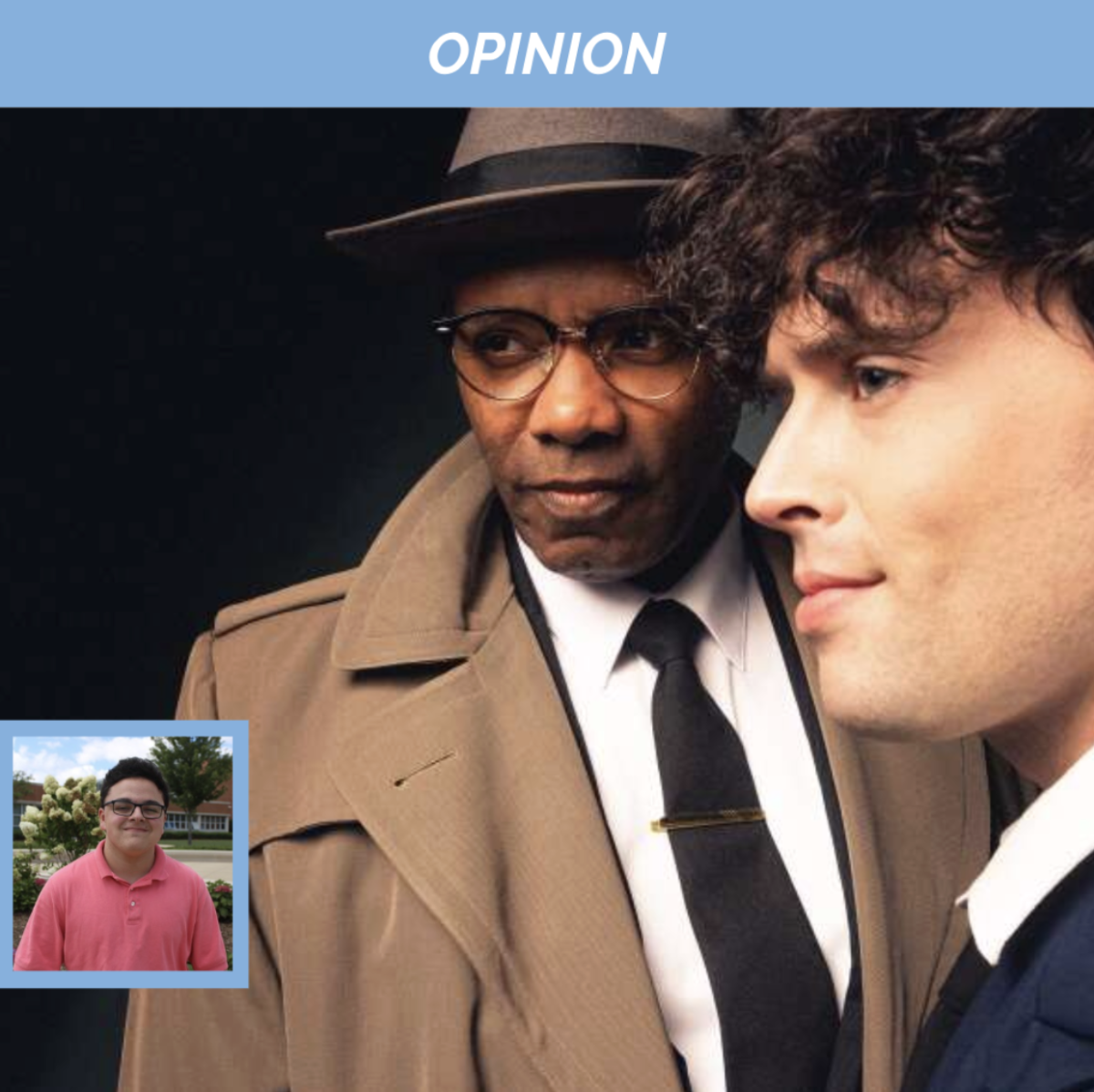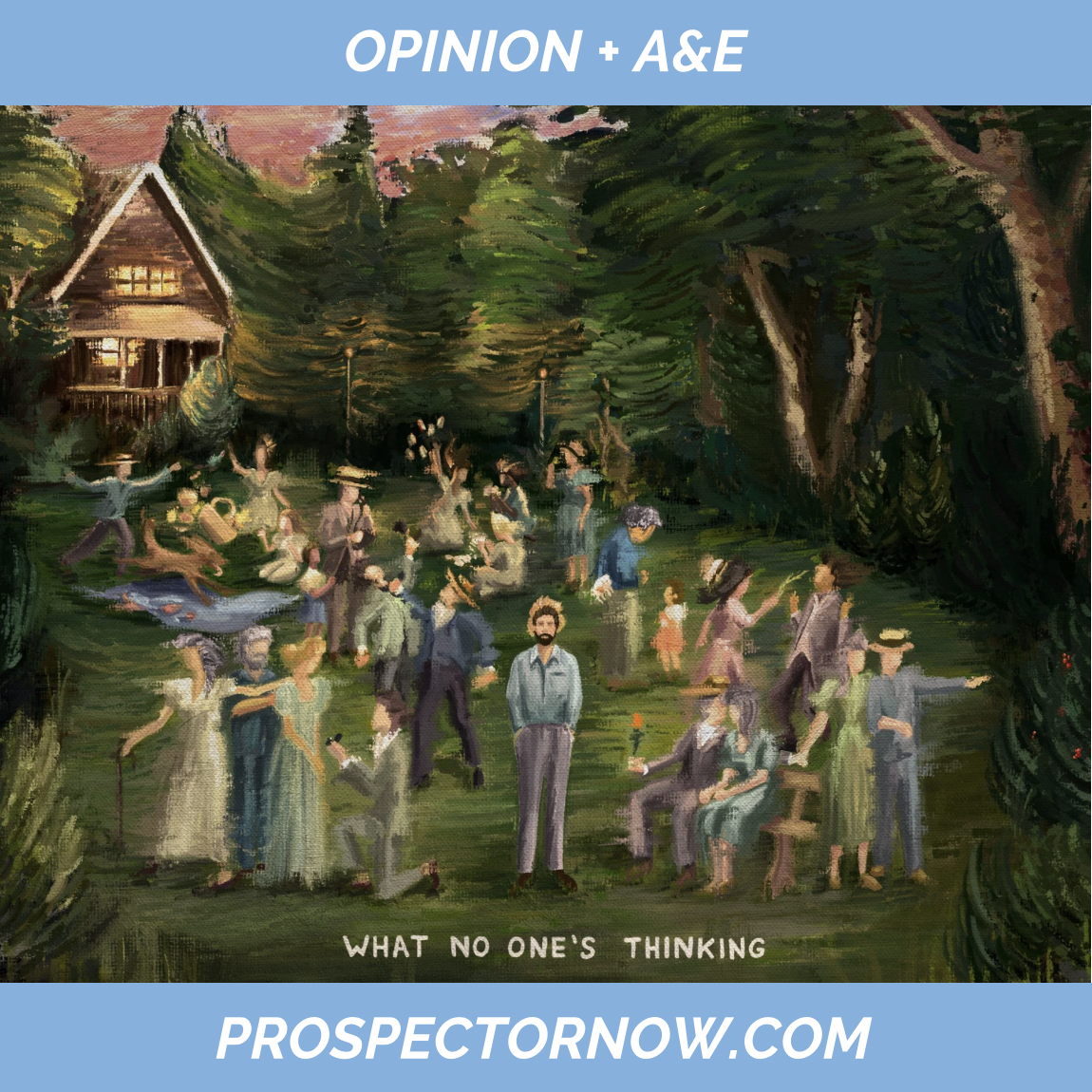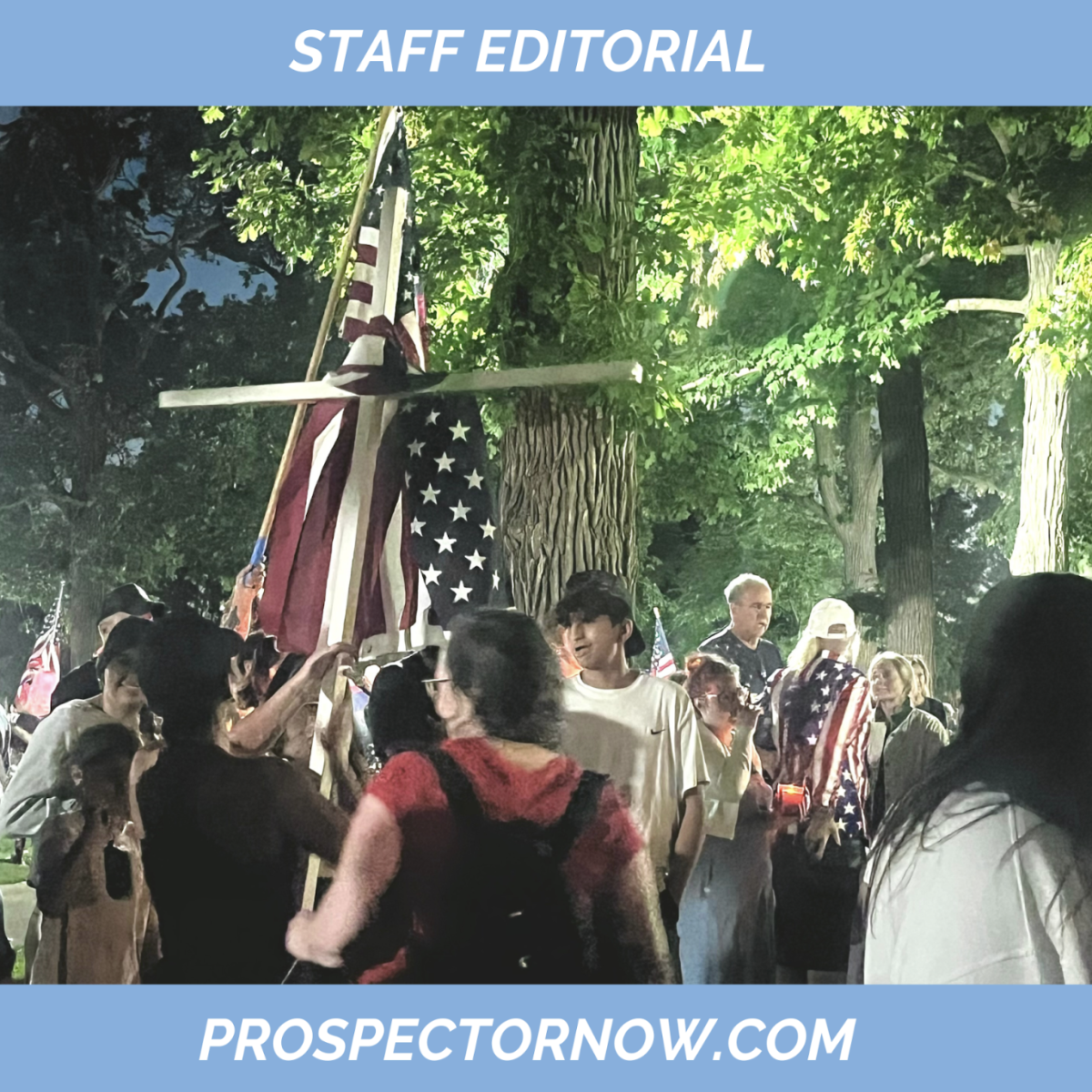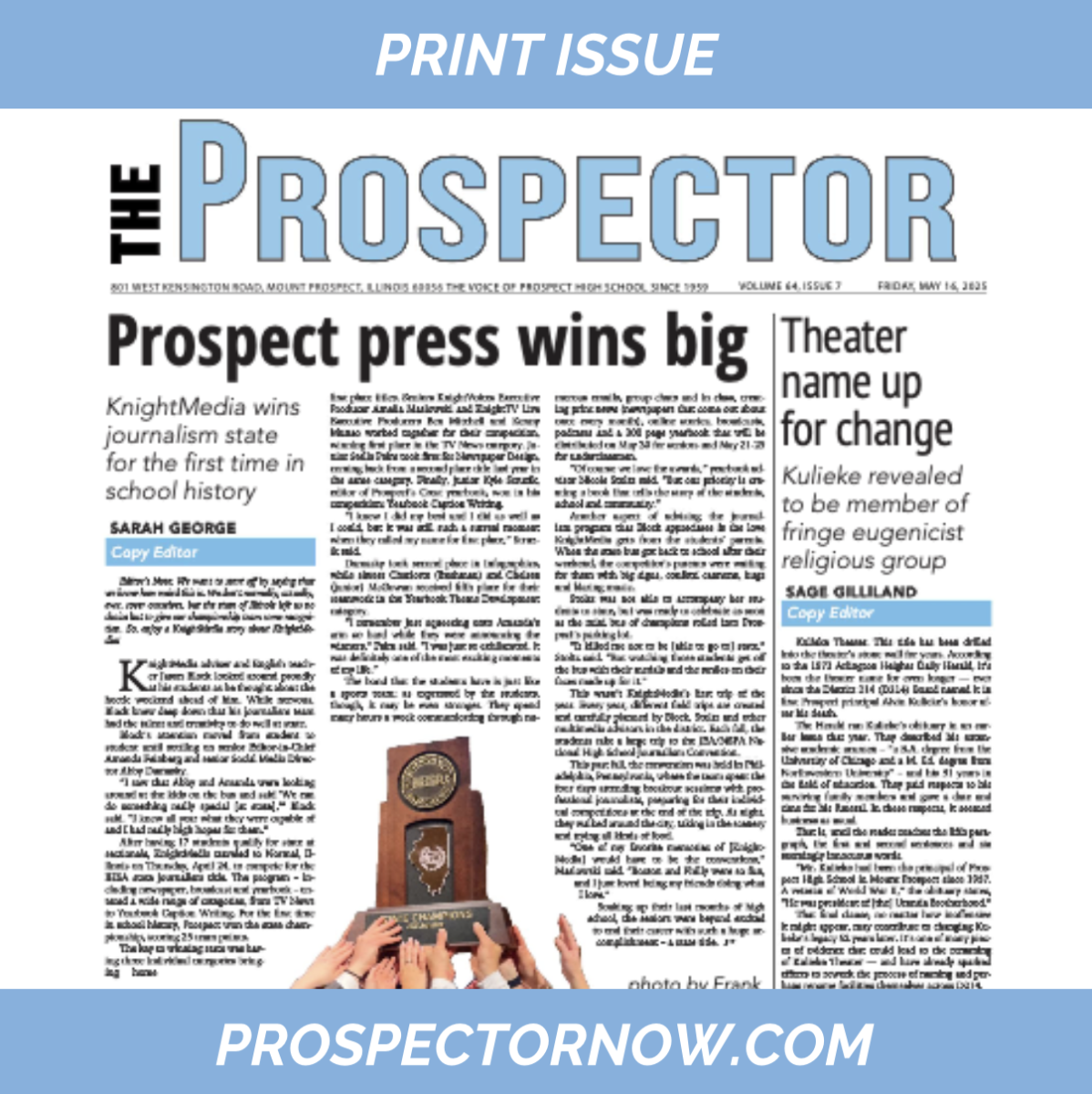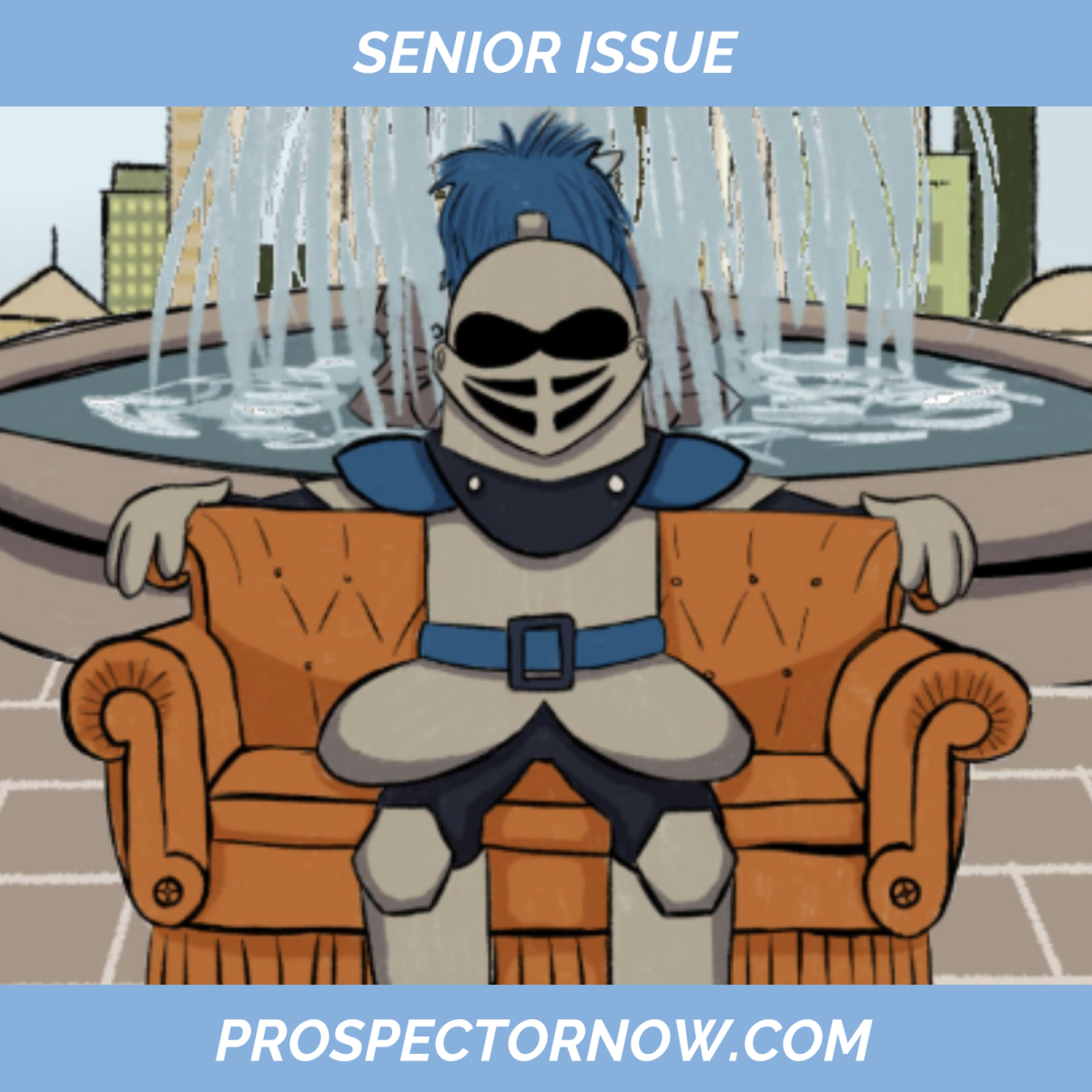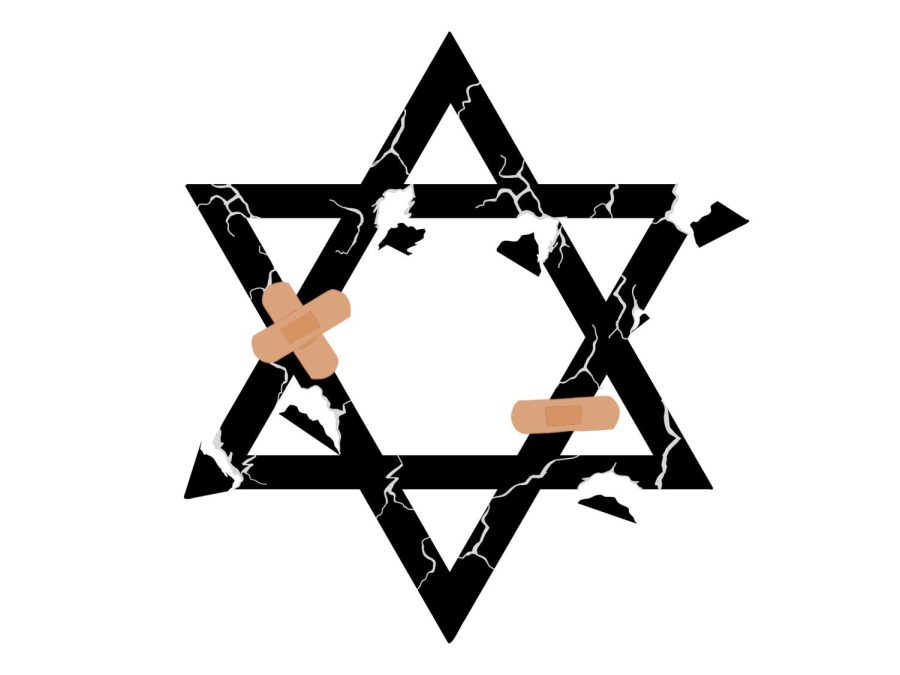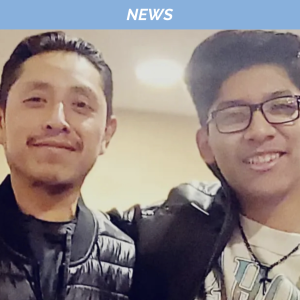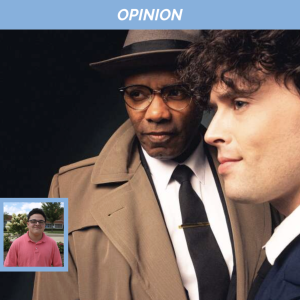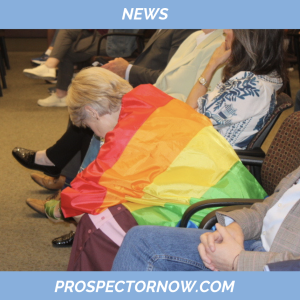Students face effects of anti-semitism
February 23, 2023
Out of the twenty-three cultures represented in the second annual Multicultural Fair, only one group specifically dedicated their table to a religion.
Senior Josie Garkisch and her friend Sammy Gonzalaz, taught fairgoers about the diverse ethnicity and culture of Judaism. On the fair’s layout map their table immediately sticks out. Instead of a name that blatantly describes what culture they represent, they are instead titled “Shalom!”
The word Shalom can be used as both a hello and a goodbye and in Hebrew means peace, harmony, and wholeness. Although in modern times, some Jewish people are experiencing the opposite.
As highlighted by Garkisch’s table, antisemitism is on the rise. As reported by the Anti-Defamation League, antisemitic incidents reached an all time high in 2021 with over 2,700 cases of antisemitism in the U.S. alone, a 61% increase from 2020. Crimes ranged from harassment and vandalism to violent beatings and assault.
Fortunately, Garkisch has not experienced any cases of extreme violence herself but instead a more normalized form of antisemitism.
“My biggest experiences have been different interactions I’ve had with people,” Garkisch said. “I say I’m Jewish and I may get told a holocaust joke or I’ll see the occasional swastika.”
Although the specific motivations behind these antisemitic incidents are often unclear, ranging from stereotypes to political sentiments, Garkisch presents a solution – education.
“One of the best ways I can combat [antisemitism] is educating people, especially starting at a young age. I think it’s important to educate people about different cultures,” Garkish said.
With over 15 million members of Judaism across the world, over half of them residing in the increasingly antisemitic United States, Garkisch’s message is more important than ever. We need more shalom in our lives.

